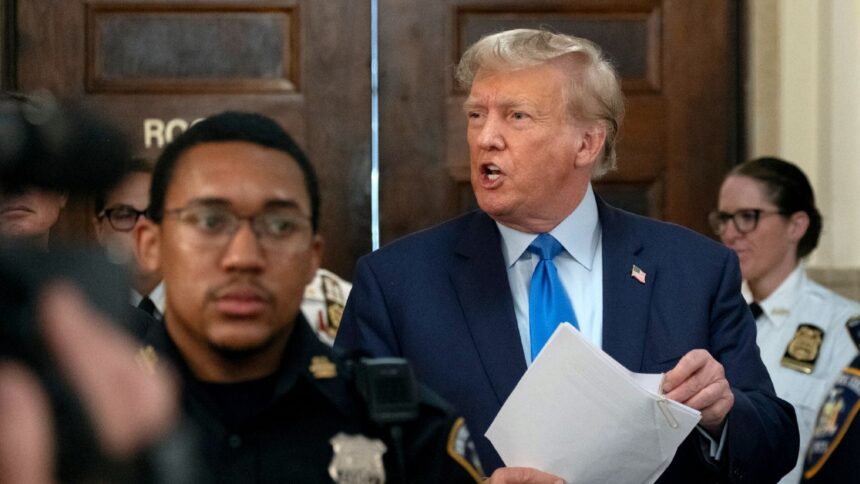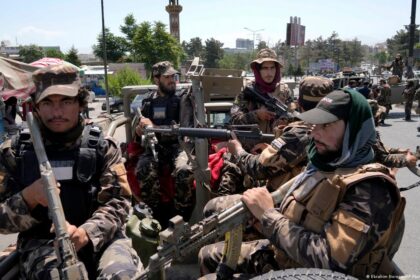RASC News Agency: The Long War Journal reports that the U.S. government’s removal of the bounty on Sirajuddin Haqqani underscores the Trump administration’s continued adherence to its Taliban engagement strategy, originally established through the Doha Agreement, which facilitated the withdrawal of U.S. forces from Afghanistan. The report also highlights the return of Zalmay Khalilzad, the former U.S. special representative for Afghanistan, to the political stage. In their analysis, Will Silber, a former U.S. military officer with four years of service in Afghanistan and Iraq, and Bill Roggio, editor of the Long War Journal, argue that the Trump administration’s sustained engagement with the Taliban indicates that the group will not be held accountable for providing safe havens and material support to terrorist organizations such as Al-Qaeda.
The article asserts that while the Trump administration is not the first to employ “hostage diplomacy” or grant concessions to terrorist organizations, the removal of the bounty is likely to embolden the Haqqani Network, which has orchestrated the abduction of numerous American and Western nationals over the past two decades. Last month, a U.S. delegation, accompanied by Zalmay Khalilzad, traveled to Kabul. Following this visit, George Glezman, an American citizen, was released after two years of Taliban captivity. Shortly thereafter, the Federal Bureau of Investigation (FBI) rescinded its $10 million bounty on Sirajuddin Haqqani, while the U.S. State Department removed his name, along with those of two other Haqqani Network operatives, from its list of most-wanted individuals.
The author of the article describes this move as “a step toward legitimizing” Sirajuddin Haqqani. The Doha Agreement, signed on February 29, 2020, during Trump’s presidency, was the culmination of 18 months of negotiations between Taliban representatives and U.S. officials in Doha, Qatar. The agreement, signed by Mullah Baradar on behalf of the Taliban and Zalmay Khalilzad representing the United States, laid the foundation for future U.S.-Taliban relations. The agreement outlined four key provisions: the withdrawal of U.S. forces from Afghanistan, the Taliban’s commitment to sever ties with terrorist organizations, the initiation of intra-Afghanistani negotiations, and the establishment of a ceasefire.
Critics of the agreement, including several former U.S. officials, argue that by signing the deal, Washington effectively sidelined the former Afghanistan government, accelerating the collapse of the Afghanistan military and ultimately precipitating the complete downfall of the administration.






